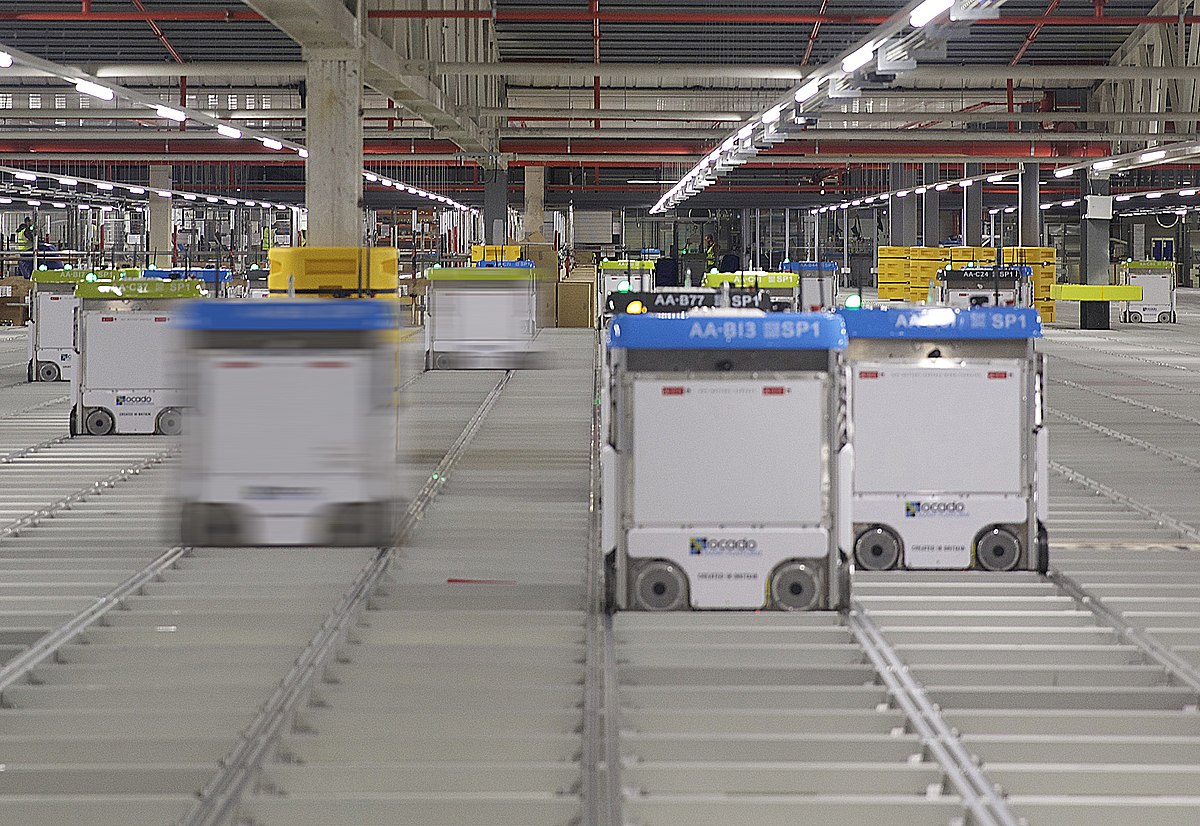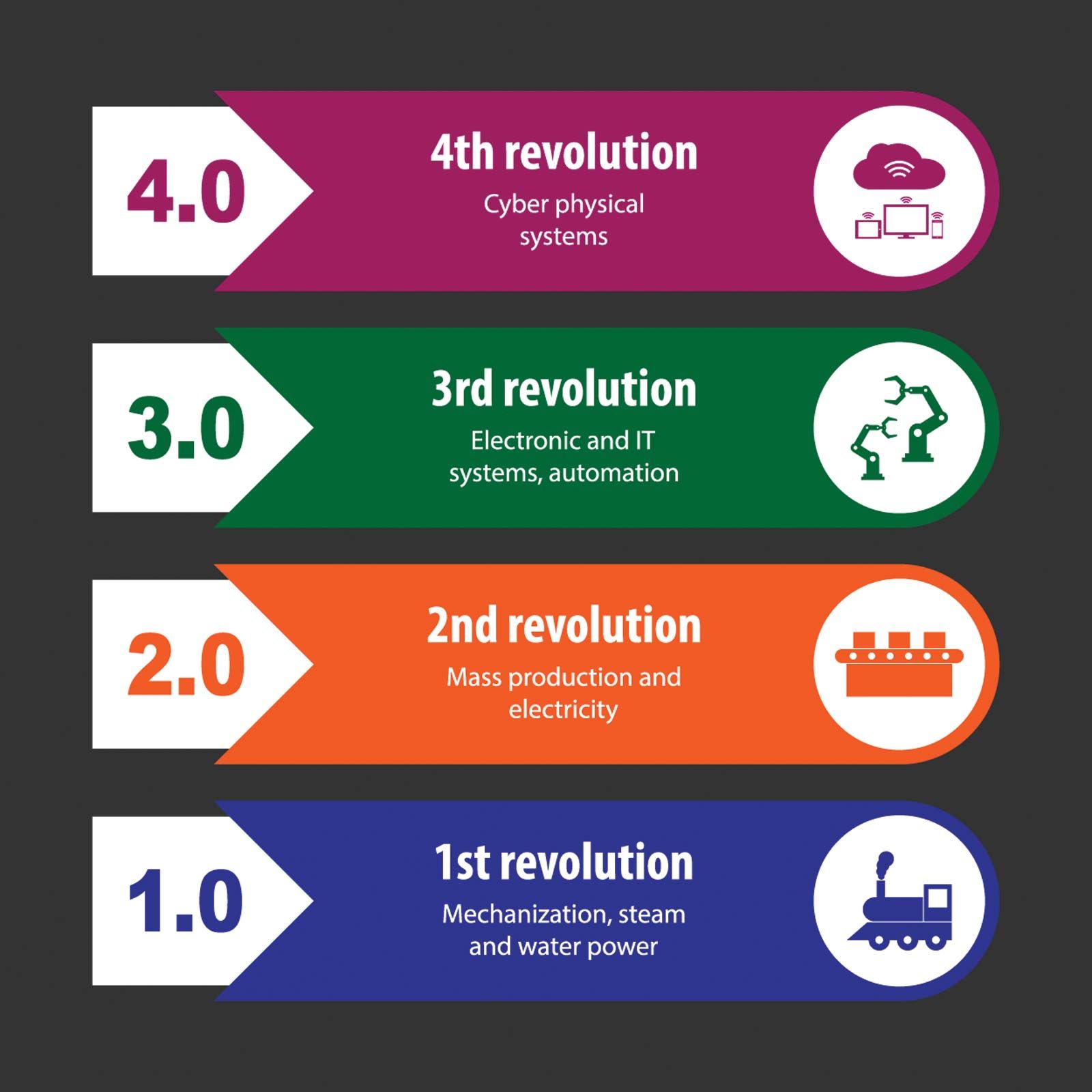Red Giant
JF-Expert Member
- Mar 9, 2012
- 15,658
- 20,889
- Thread starter
- #21
by PD Lawton 14 May 2020
“The role of the Iron and Steel Industry in national industrialization is pre-eminent. This is because steel remains the basic raw material for a host of manufacturing activities and hence the material backbone for national economic development in general.”
“The role of the Iron and Steel Industry in national industrialization is pre-eminent. This is because steel remains the basic raw material for a host of manufacturing activities and hence the material backbone for national economic development in general.”

